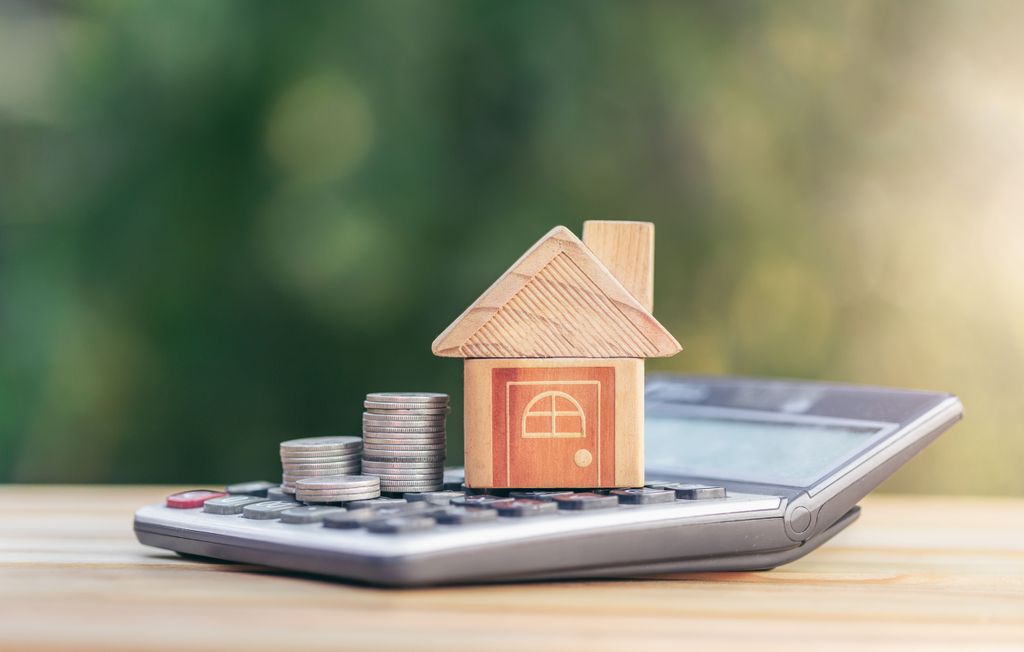If you’re a homeowner with a mortgage, chances are you’ve been keeping a close eye on your monthly payments over the past few years. After the global financial crisis, interest rates stayed low for a long time, and many of us got used to borrowing being relatively cheap. But things changed quickly.
When the pandemic hit in 2020, inflation began to rise sharply, and in response, the Bank of England reached for its main tool to try and bring it back down: the base rate. By increasing the base rate, borrowing becomes more expensive, which usually leads people to spend less and, in turn, slows down inflation.
For homeowners, though, rising interest rates can be a real source of stress. So what’s actually going on with mortgage rates right now, and what should you be doing about it?
Who decides mortgage interest rates?
The Bank of England sets the base rate, which is the rate it charges commercial banks and lenders. This has a knock-on effect across the financial system, however, it’s not as simple as your mortgage rate automatically mirroring the base rate. Ultimately, it’s the choice of each institution what interest rate to offer to customers, both on savings, mortgages and loans.
That’s why it pays to shop around, and a reason it can be helpful to work with a mortgage broker when you look for a deal. There isn’t a one-size-fits-all approach to the rates you will be offered by different lenders, so you need to shop around to get the best offer.
It’s also worth noting that the base rate isn’t the only thing that impacts the interest rate you will be offered by a lender on a mortgage. There are several factors that come into play when a lender considers a mortgage application, including your deposit, the loan-to-value (LTV) ratio (which is the size of your deposit as a percentage of the property purchase price), and your credit history.
Generally speaking, the higher your deposit and the lower your LTV ratio, the lower the interest rate will typically be. Even a small change in the rate can make a huge difference to the overall cost of your mortgage.
What happens if interest rates fall?
When the base rate changes, most banks update the accounts and products very quickly, which can have a direct impact on your finances, for better or for worse. If you have any type of account with a variable interest rate – whether that’s a savings account or a variable mortgage deal- you will usually notice that your bank implements any change straight away. If, however, you have a fixed rate, you won’t see any change in your interest rate for the full duration of the fixed term.
If you’re wondering whether to fix your mortgage rate or choose a variable option, there are a few things to consider. Crucially, there’s no right or wrong approach, and the best option will depend entirely on your circumstances. Variable rates give you the benefit of being able to benefit from any drops in the base rate, so your monthly payments can go down and free up some extra cash if the rate moves in one direction continually.
On the other hand, there is no certainty that rates will continue to go down for any given period, and if the economic environment changes rapidly, then rates can go back up at any time. Fixed rate mortgages give you certainty of your payments for the duration of the term – usually either 2 or 5 years – yet can be frustrating if you find yourself tied into a high rate.
Will mortgage interest rates go up or down in the coming months?
That’s the big question, and only time will tell. The Bank of England’s decisions over the months to come will be based on whether inflation continues to fall, stall or rise. The global economy plays a part, too. Trade deals, supply chain issues and tariffs all impact inflation and the economy as a whole.
As a homeowner, if you plan to remortgage in the next six months or if you’re planning to buy a home, it’s a good idea to speak to a mortgage broker sooner rather than later. Lenders often price in future interest rate movements when they make mortgage offers, so acting early can give you more time to secure a good deal.




